One of the things that provides my life with a lot of meaning is sharing my story with others, in hopes that a piece of my experience might help transform another person’s life. Currently, I am a part of the Survivor’s Speakers Bureau at BARCC, which means that I went through a day-long training on telling my story of sexual trauma to different groups of people. Thanks to this brilliant training, I can now summarize a 15-year story of sexual trauma and healing in 5-minutes in a way that allows time and space for lots of questions.
The questions are, by far, my favorite part. Here are my top three:
The magic wand: What is the one thing I could do or say that would make it all better?
I get some version of this question almost every time I speak, and it’s adorable. Oh, and I wish there were some secret sauce, a spell of some sorts, a magic touch that could dissolve the pain of sexual assault. Unfortunately, there isn’t. The only thing that you can do is to be present with your friend and witness his or her pain. Breathe with them, cry with them, rage with them. And hold the belief that there is a new day tomorrow, an end to the tunnel.
My therapist was trained in the Hakomi method, a therapeutic style that involves practicing loving kindness and mindfulness. This was especially helpful to me in my healing, and it is this spirit that I work to maintain in the face of others’ emotional trauma or pain. Emotions can only be felt in the moment. They rise and fall like the tide, and they will always change, and every single thing you feel is perfectly okay.
The search for meaning: Wasn’t there something good that came out of this experience?
This question is interesting, because it usually starts out as a compliment. “But you seem fine now. Amazing, in fact. Isn’t your amazing-ness a result of this experience? Don’t you think that it was your past that made you this way?”
Well, no, not exactly.
While there are certain innate characteristics that make me who I am in the world, I can’t dole out credit for them any more than I can dole out credit for my five senses. And I was also born with the capacity to learn, grow, and evolve as a human being. Whether I had been born into a life where I faced cancer or sudden death of a parent or ran around in meadows full of flowers, my journey in life would have been to understand who I am in the world and develop my capacity to live, love, and be present.
This answer is tough, however, because the question itself creates a causal relationship that doesn’t need to exist. Do I think I turned out okay? Yes. Did I learn a lot about myself healing from sexual trauma? Yes. Did this experience require me to grow? Yes. That doesn’t necessarily mean that a painful path is the only way to a positive destination or an evolved self. A painful path simply provides more frequent chances to exercise humanity and heart and to demonstrate courage than those whose path was a little more paved.
The safe distance: What is different about you that made these things happen to you?
This is actually a beautiful, human question. Sexual trauma is a painful thing, and no one wants to walk through life thinking that it could happen to them. No one wants to believe that these things can really happen to anyone, at any time. Yes, it would be a lot easier if rapists were masked strangers who only came out between the hours 2am and 3am to attack women wearing short skirts and high heels. Unfortunately, rapists come in all shapes and sizes, from unexpected places - they may be our friends, our family members, people we work with, or a seemingly-kind stranger.
I believe that most attempts to blame a victim for being sexually assaulted come from a place of fear and from a desire for distance. It’s just another way of saying, “This can’t happen to me.” It’s just another way of trying to stay safe. This question doesn’t make me angry, it makes me sad. Because for those who are sexually assaulted, safety isn’t an option. These men and women have to live with the reality every moment of every day for the rest of their lives. Rather than distance ourselves from rape and sexual assault, we ought to look it square in the eye and say it’s just not OK.




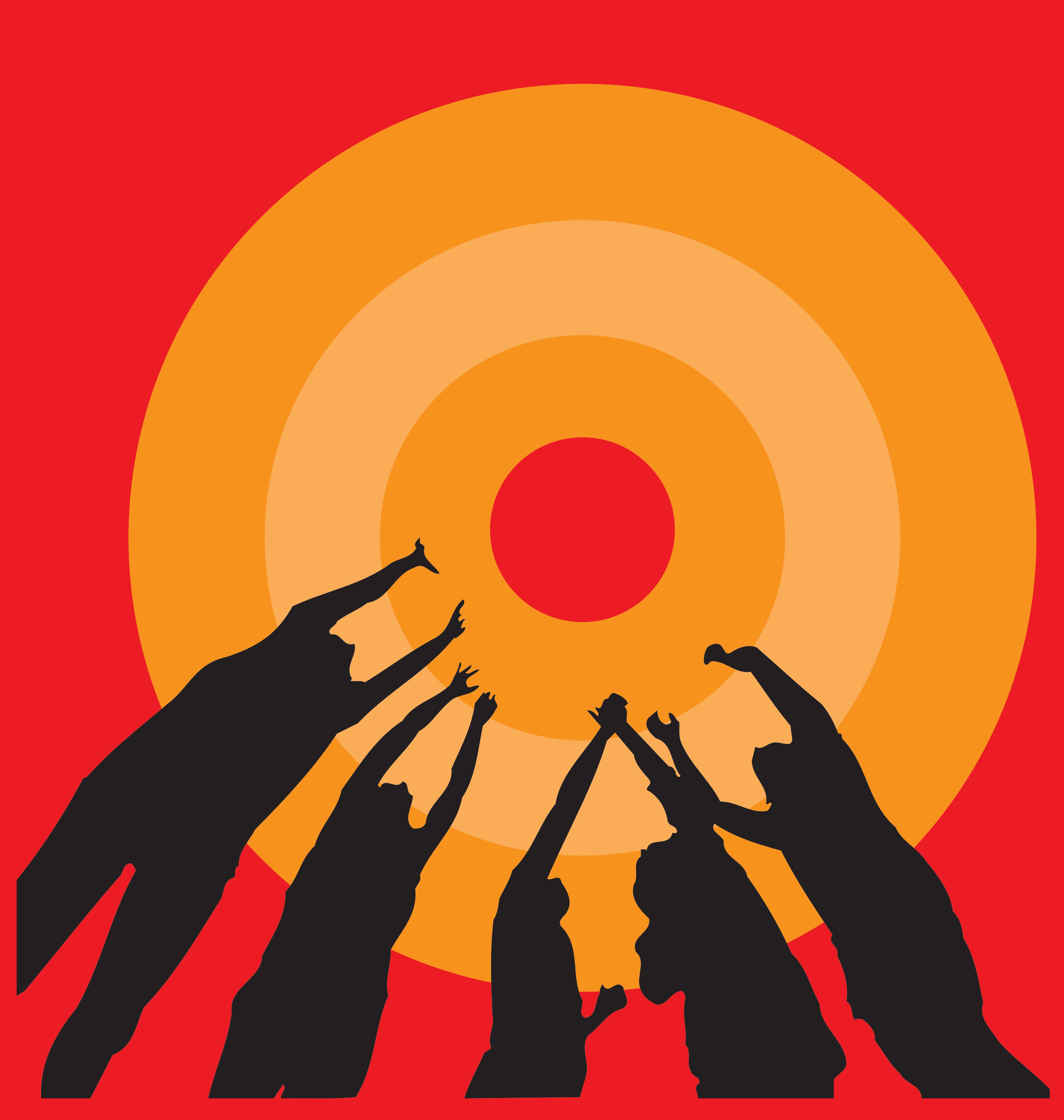
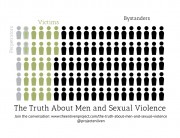

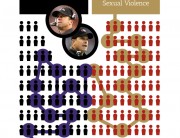
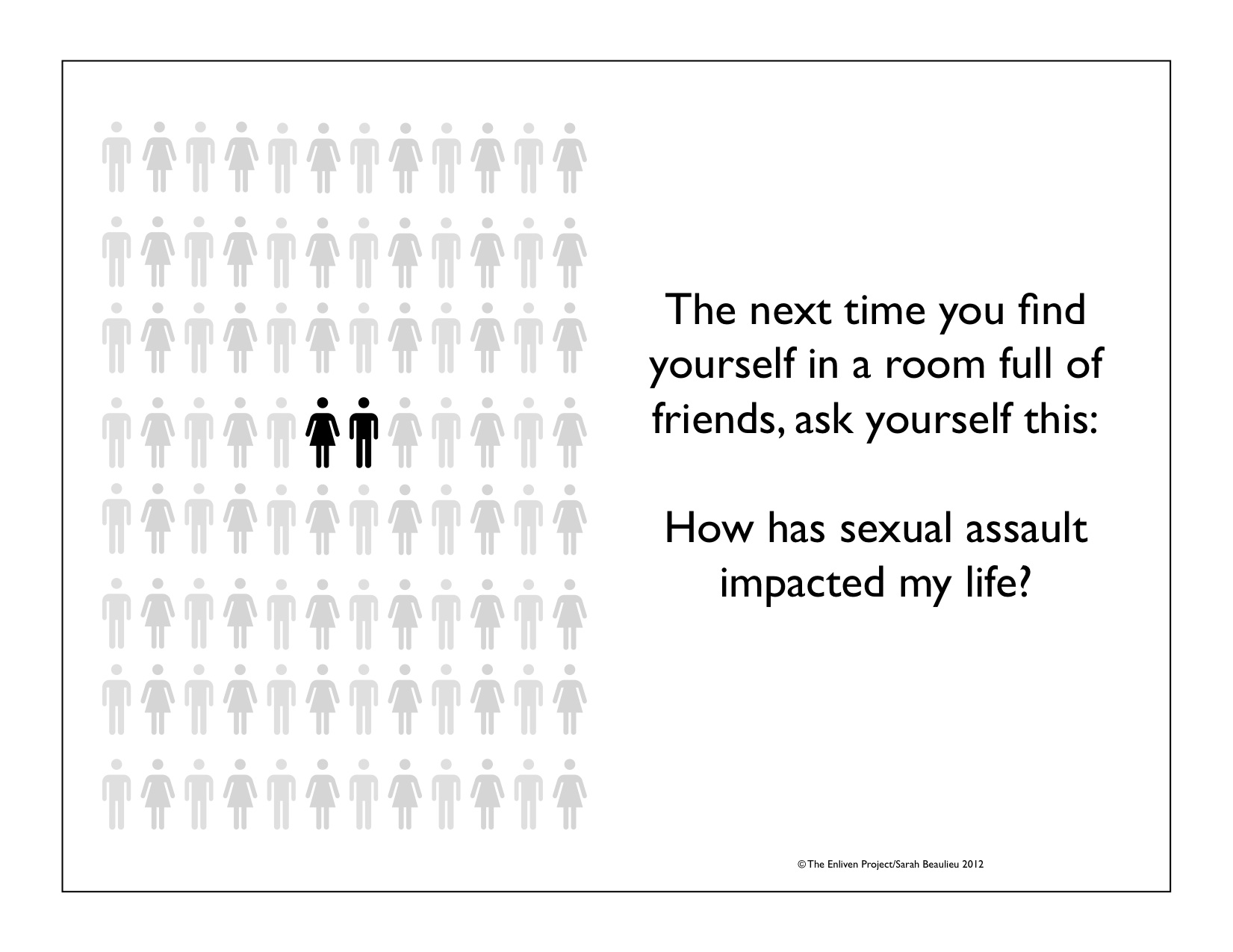
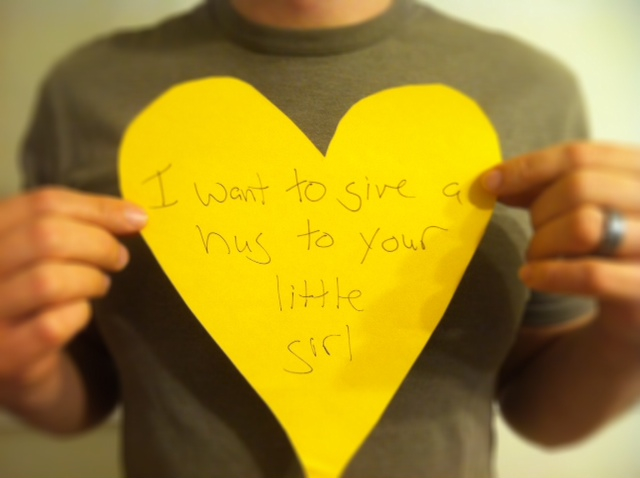

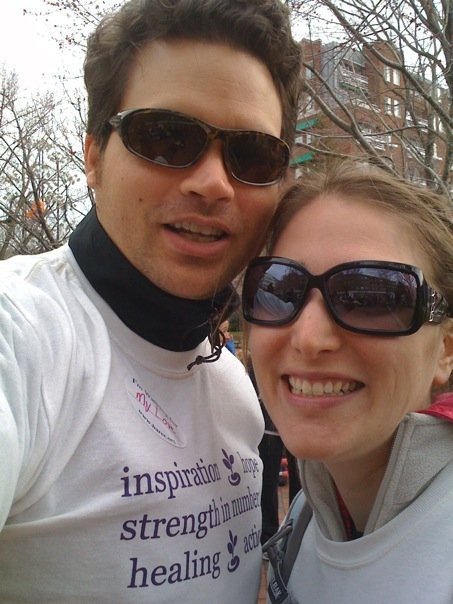
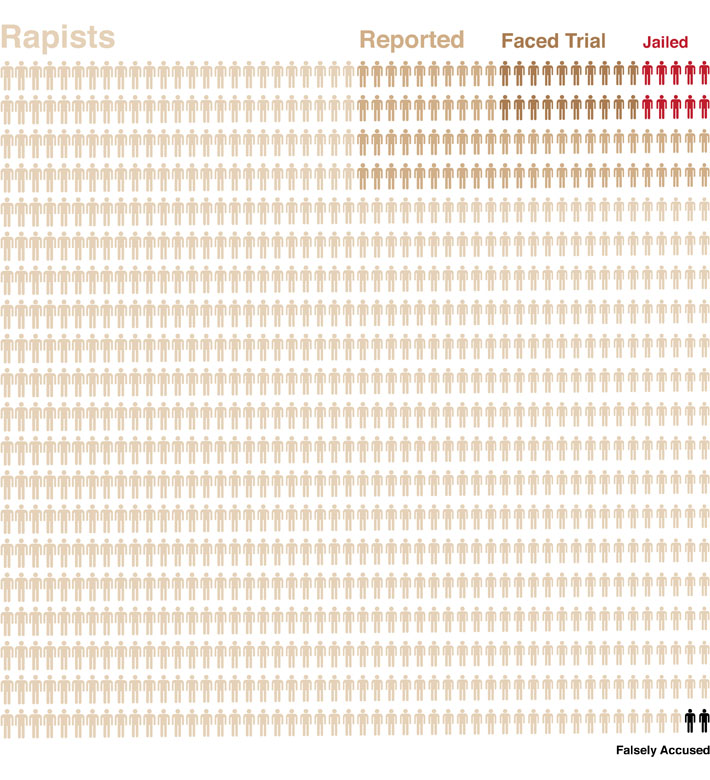
your courage and honesty are sweet and gorgeous. thanks for sharing your story. silence and shame kill.